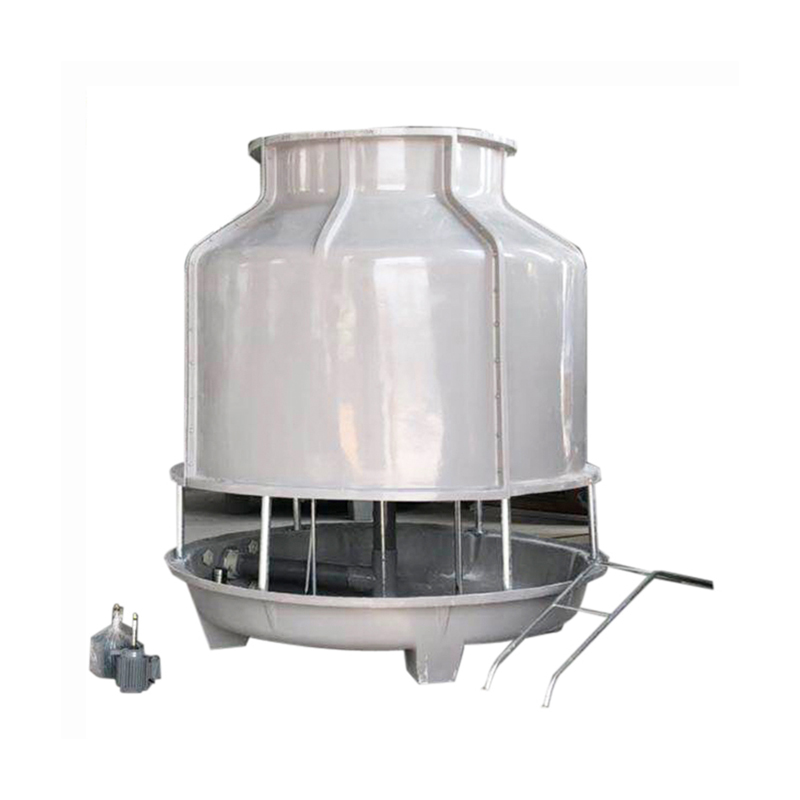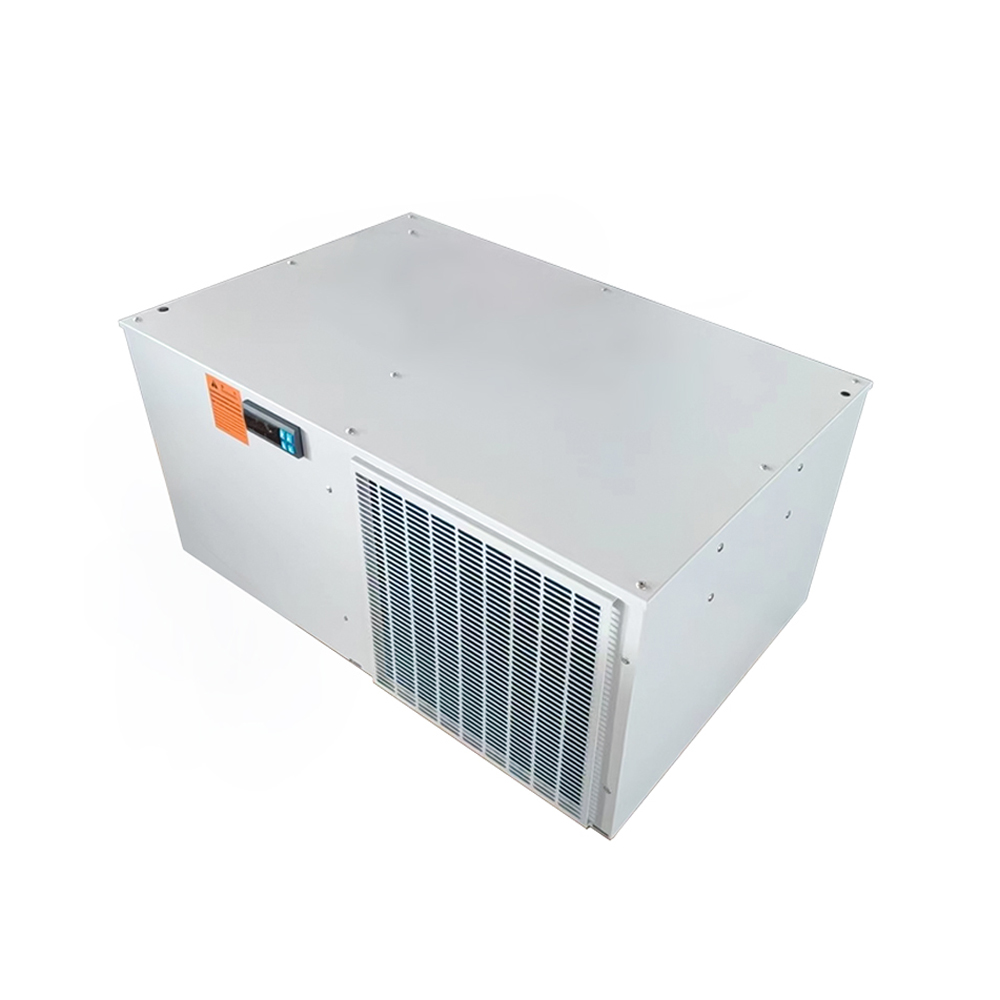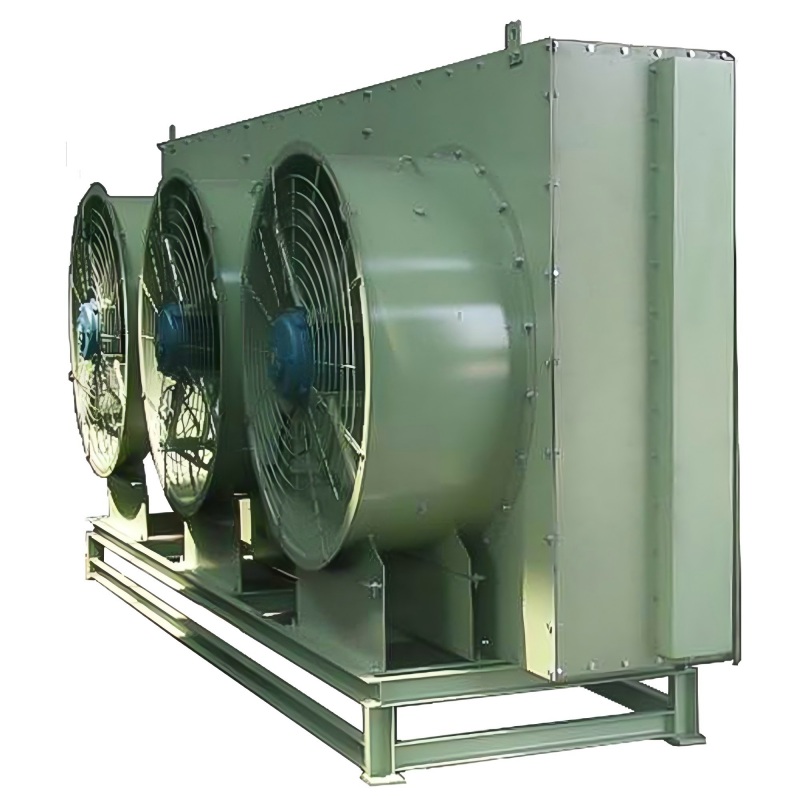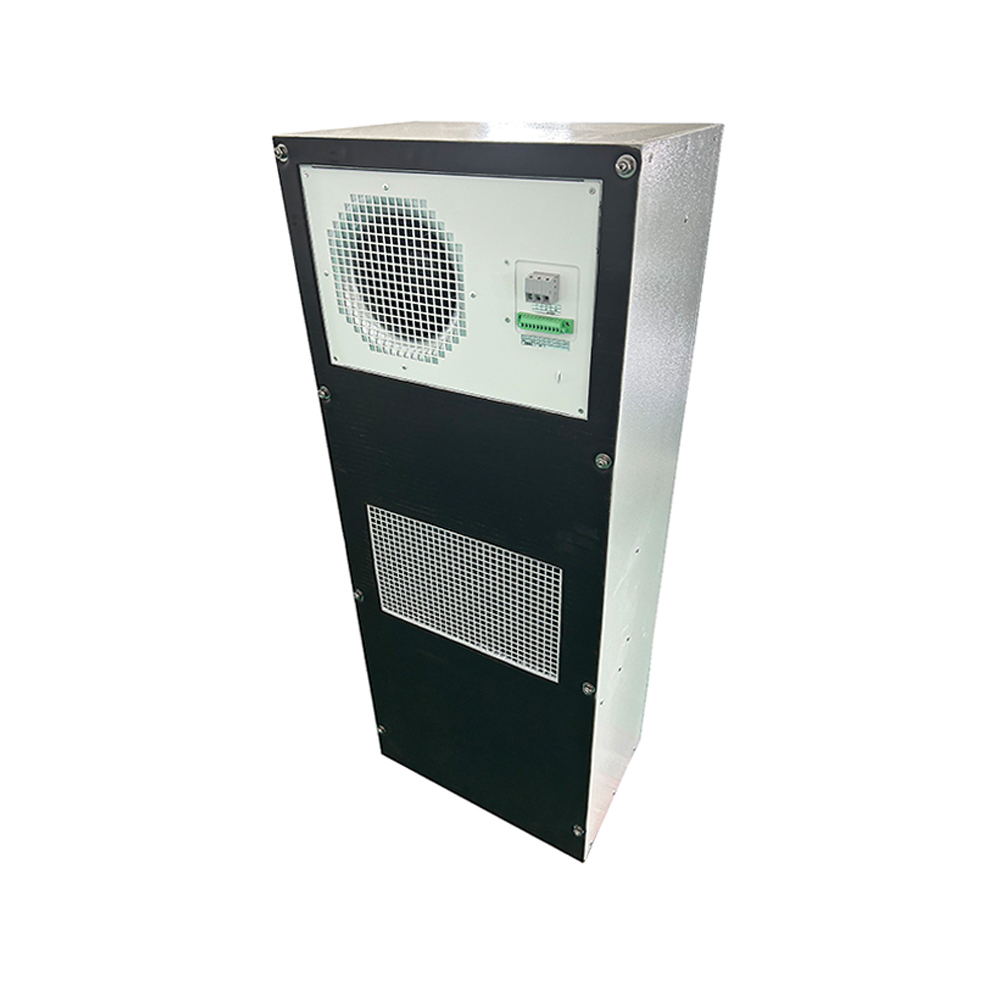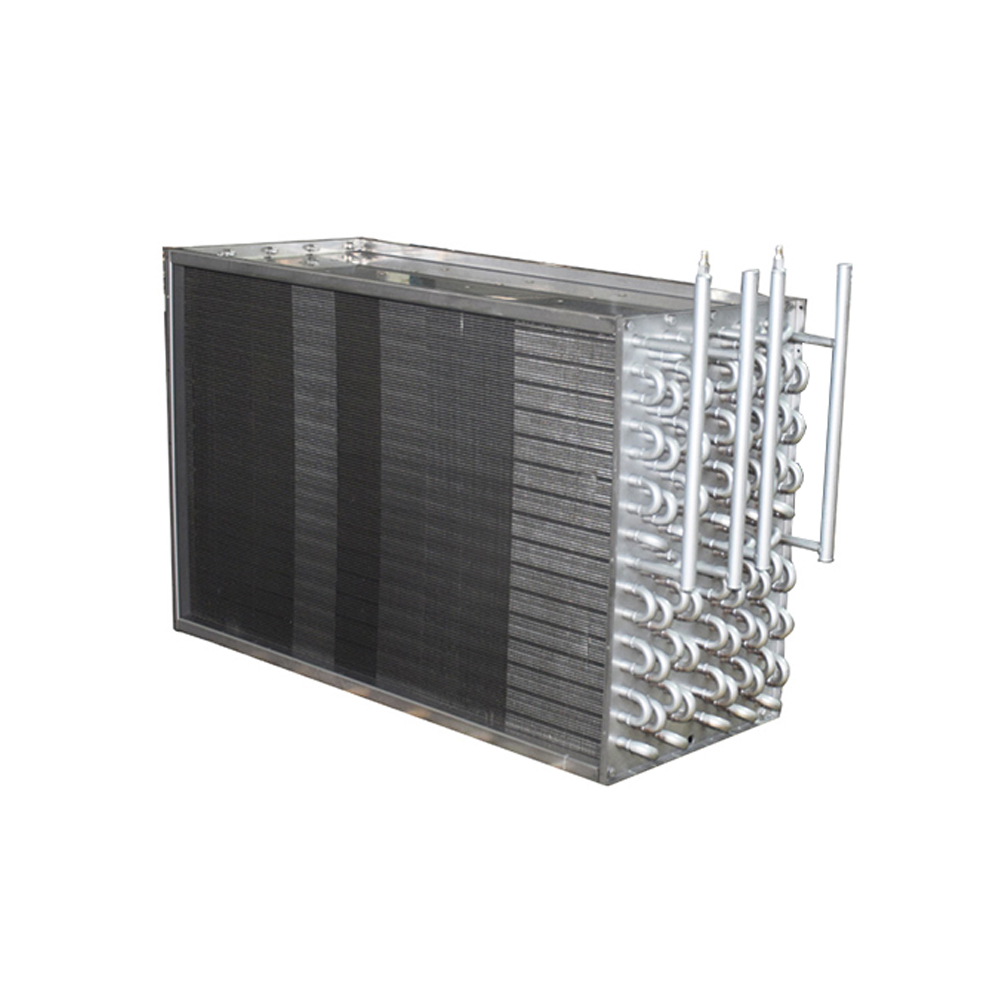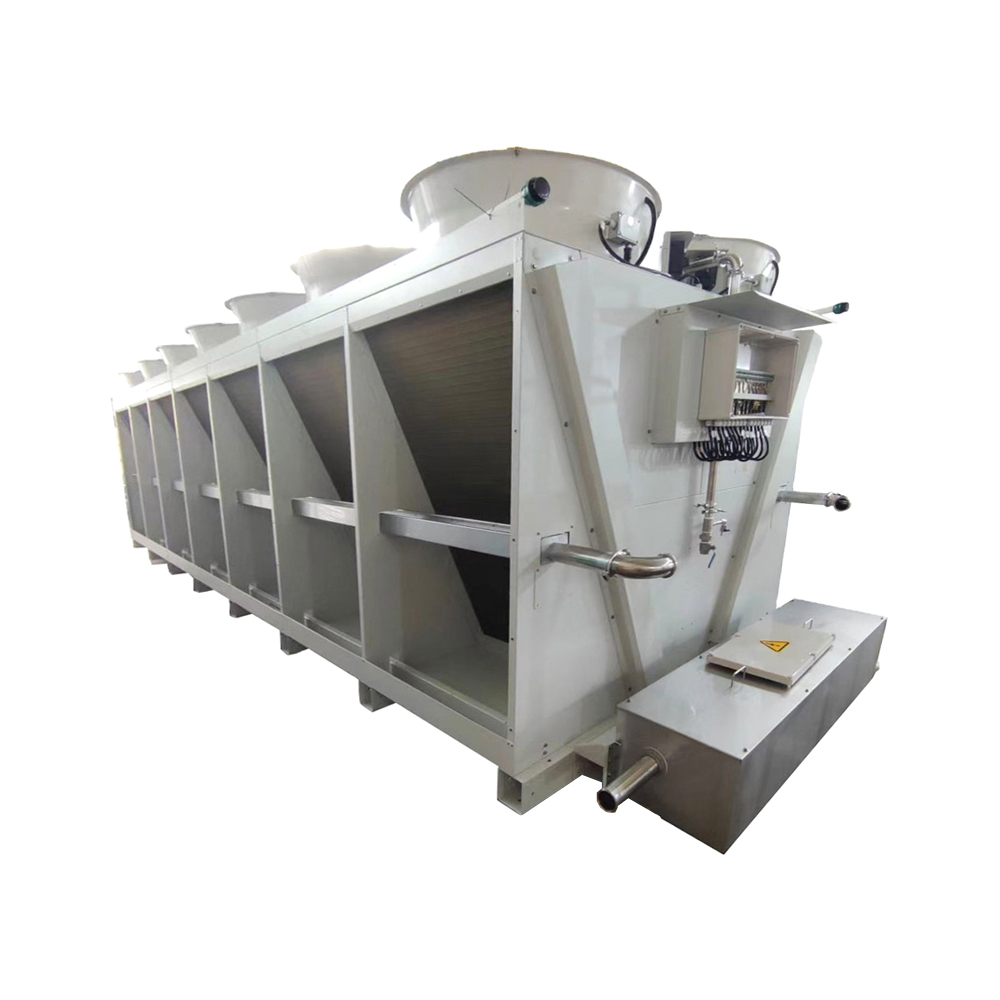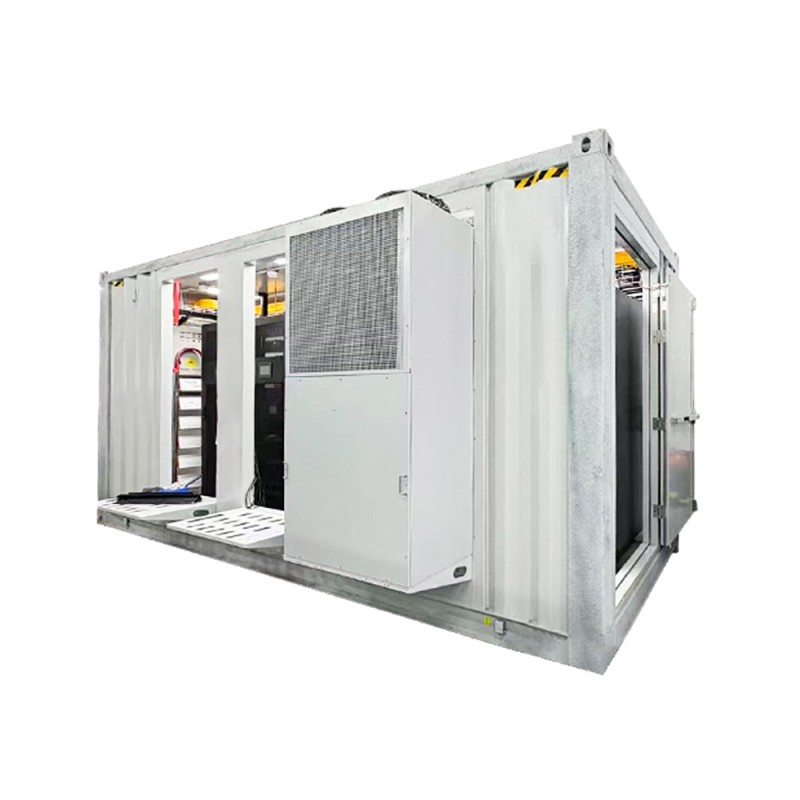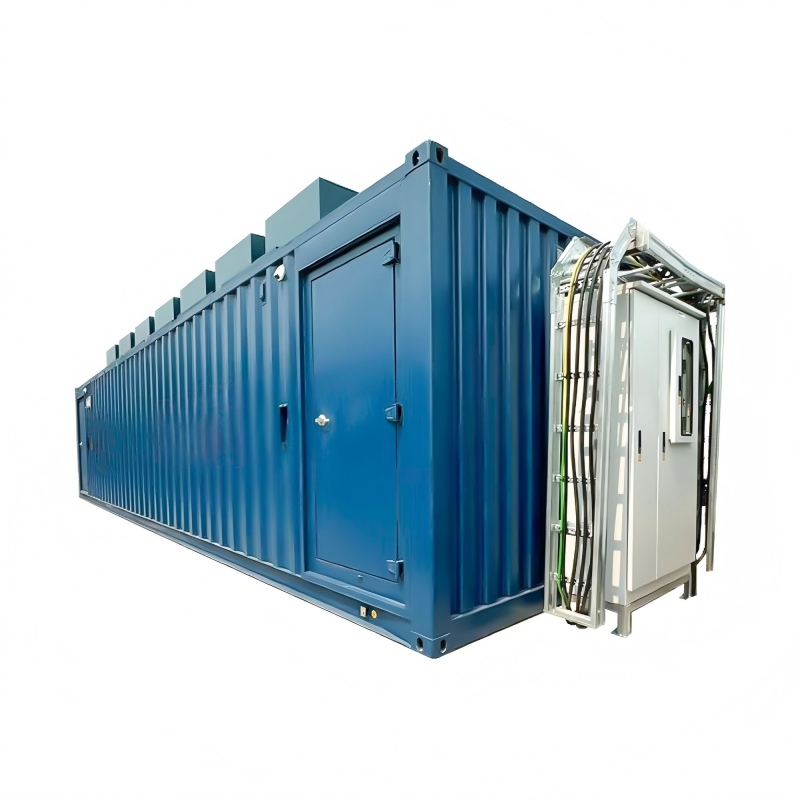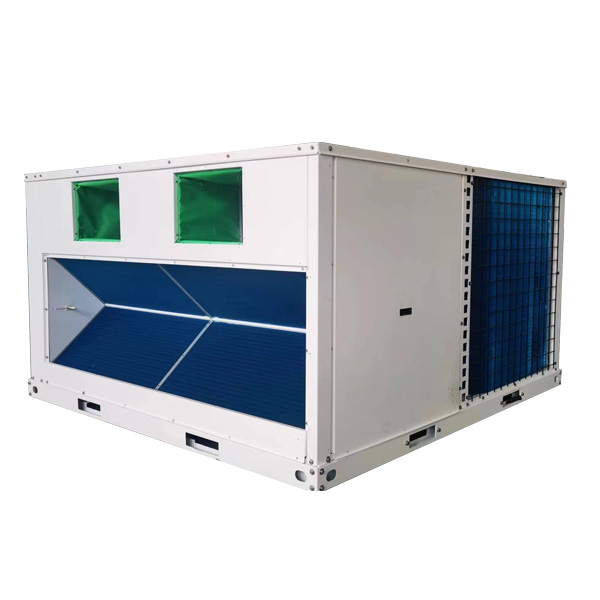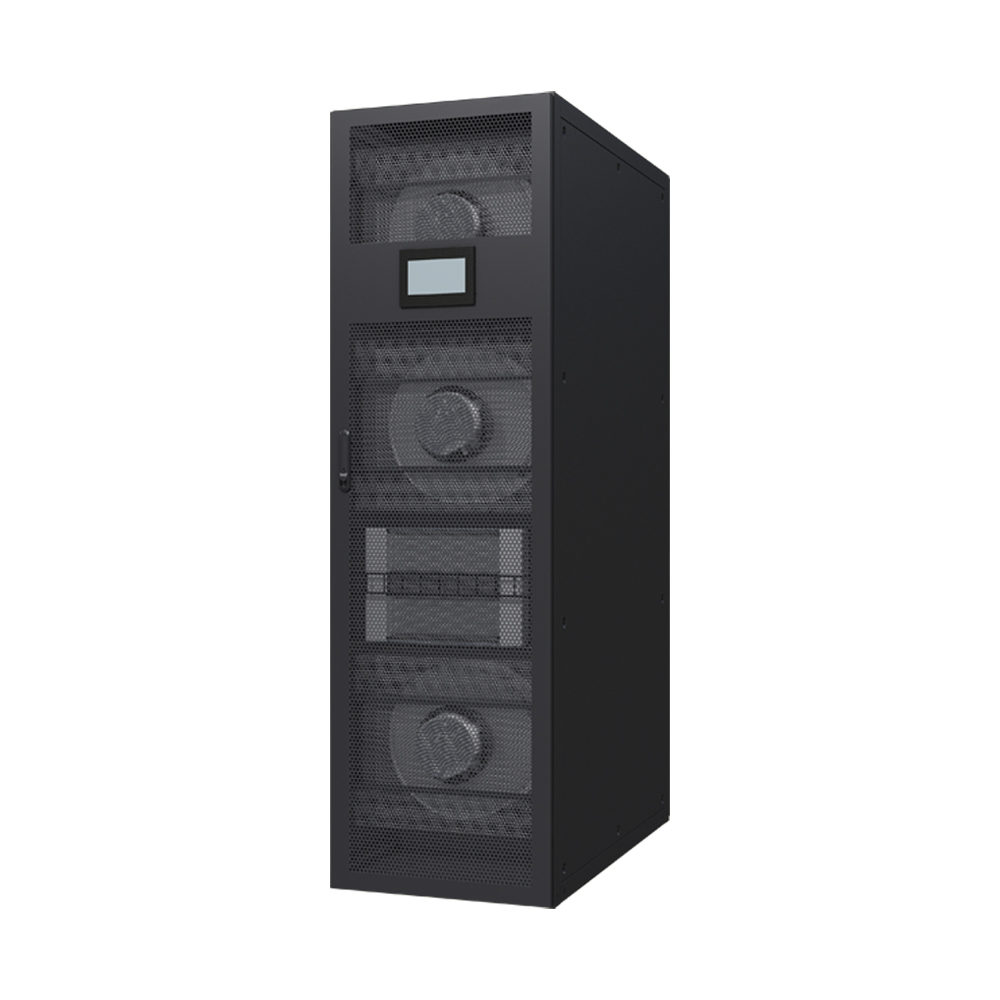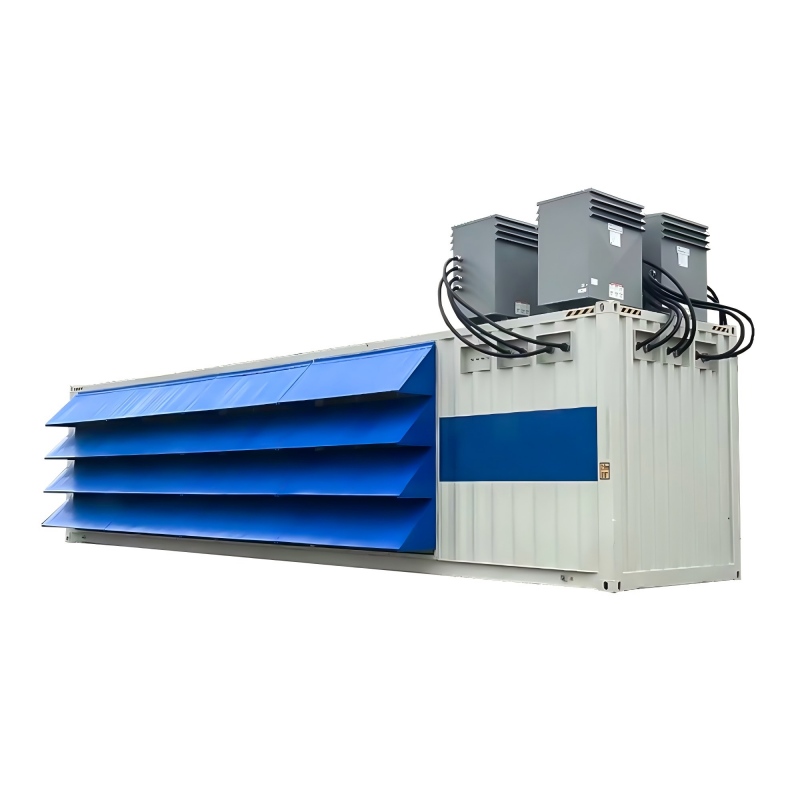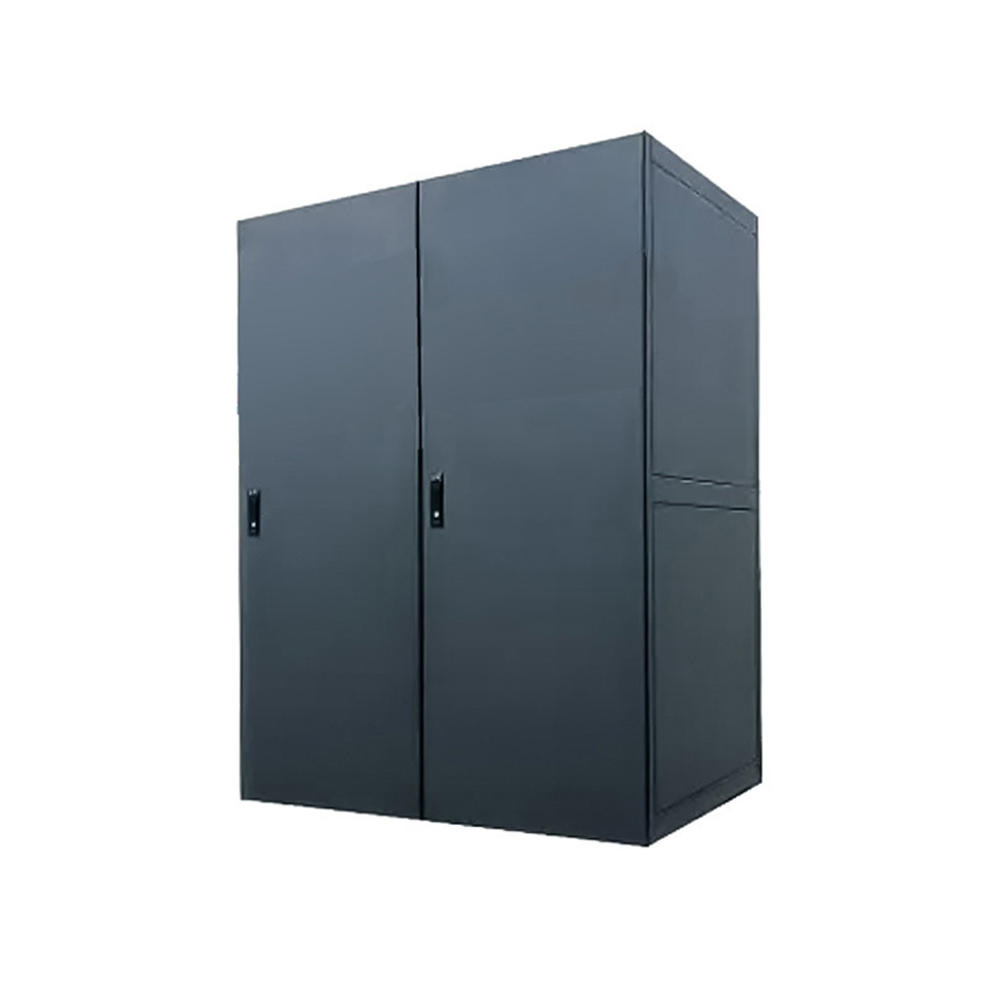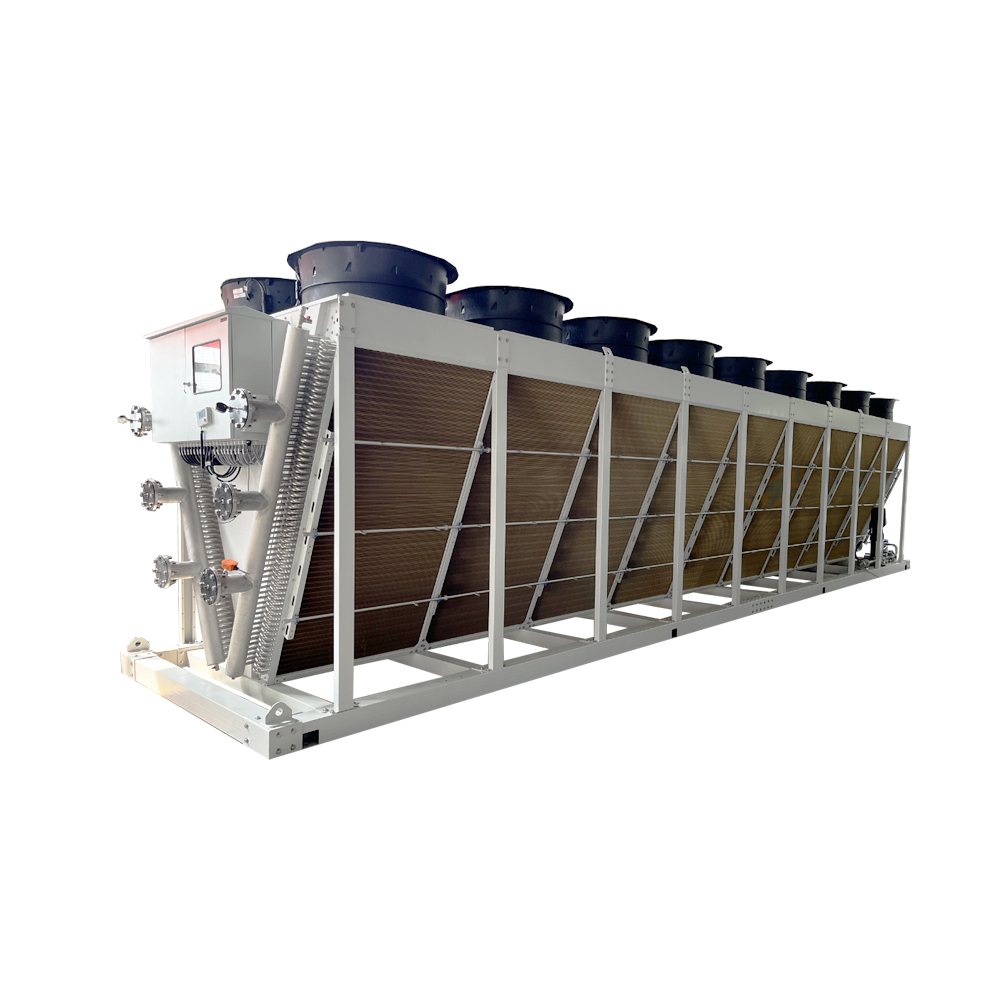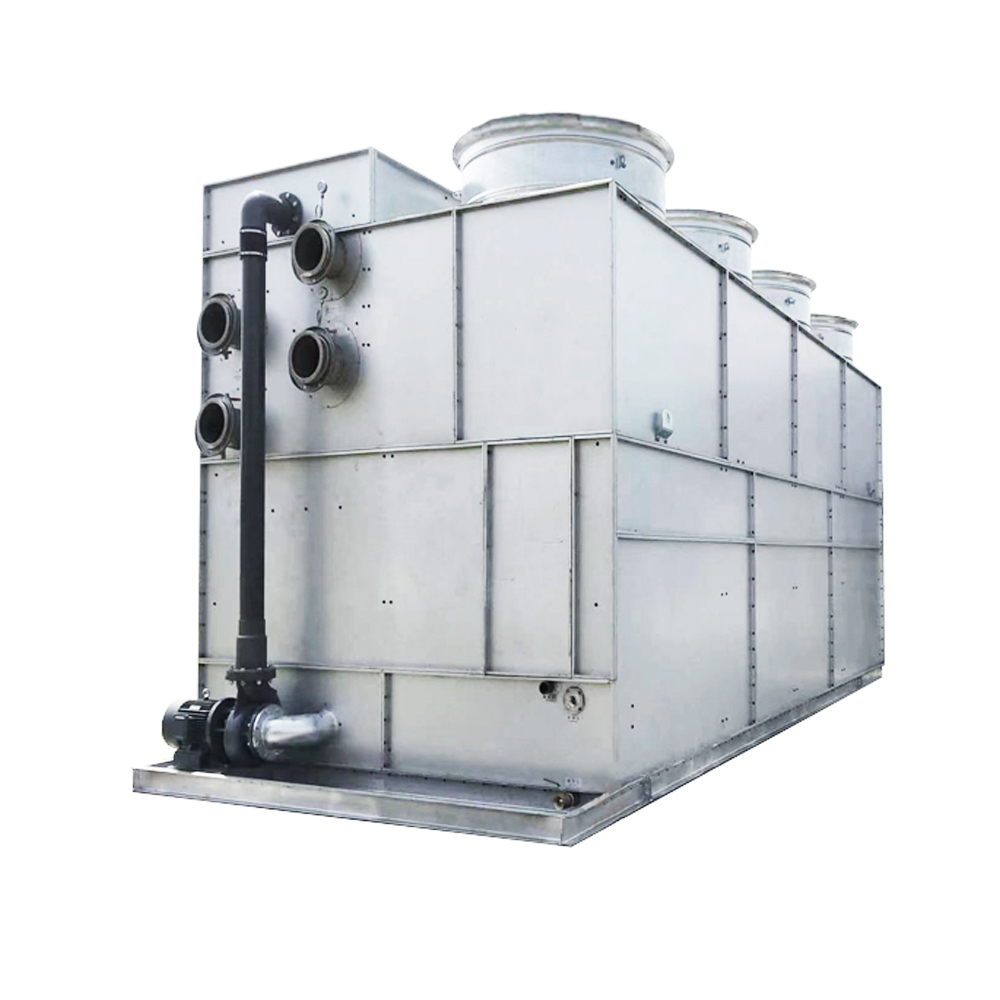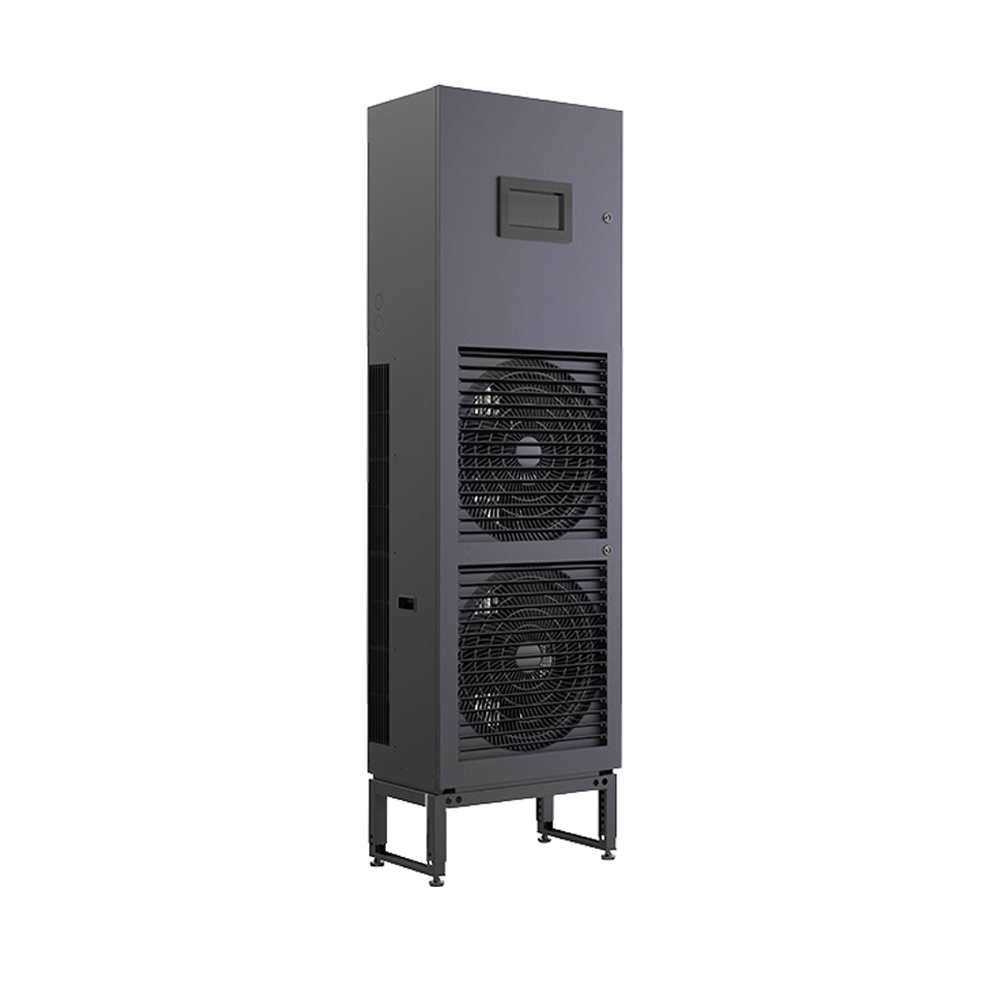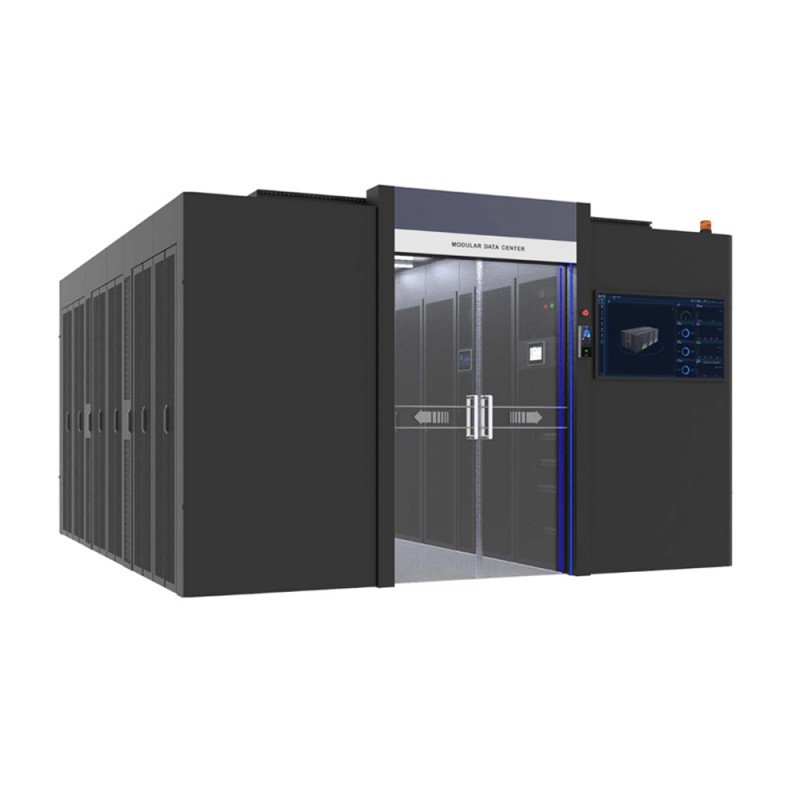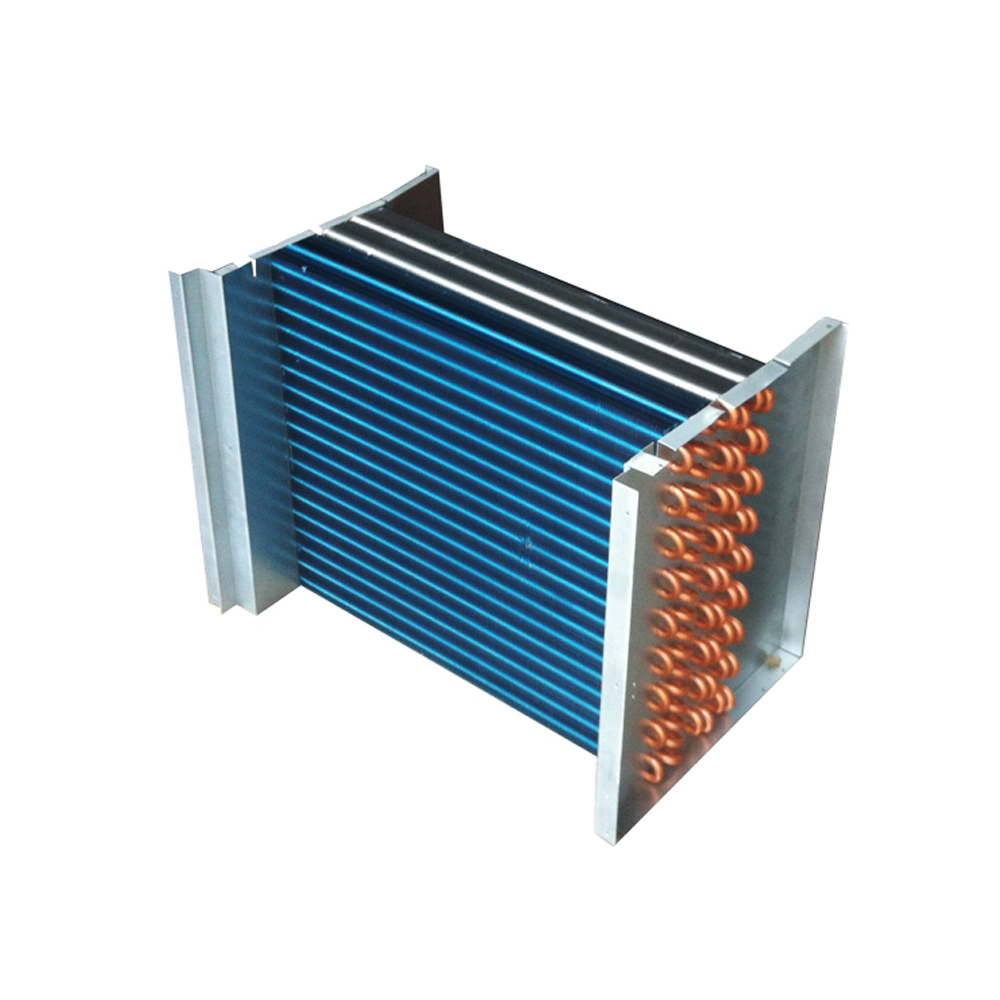Selecting the right OEM fixed shell and tube heat exchanger manufacturer is crucial for ensuring optimal performance and longevity in your system. This guide provides a comprehensive overview of these heat exchangers, covering their design, applications, selection process, and key considerations when choosing a manufacturer. We'll explore the various factors influencing the design and manufacturing of these crucial components, helping you make informed decisions for your specific needs.
Understanding Fixed Shell and Tube Heat Exchangers
Fixed shell and tube heat exchangers are characterized by their robust design, featuring a shell containing a bundle of tubes. The fluid flows through the tubes while another fluid flows across the tubes outside, enabling efficient heat transfer. This fixed design offers a strong, reliable solution for a wide range of applications. Their simplicity and reliability make them a preferred choice in many industries.
Design Considerations
Several factors influence the design of a fixed shell and tube heat exchanger, including:
- Heat transfer area: Determined by the number and diameter of the tubes, as well as the shell's dimensions.
- Fluid flow rate and velocity: These factors impact the pressure drop and heat transfer efficiency.
- Temperature differences: The temperature difference between the two fluids significantly influences the heat transfer rate.
- Materials of construction: The selection of materials depends on the fluids being handled, pressure, and temperature.
Applications of Fixed Shell and Tube Heat Exchangers
OEM fixed shell and tube heat exchangers find applications across diverse industries, including:
- Chemical processing
- Oil and gas refining
- Power generation
- HVAC systems
- Food and beverage processing
Selecting an OEM Fixed Shell and Tube Heat Exchanger Manufacturer
Choosing the right manufacturer is critical for project success. Key factors to consider include:
Experience and Expertise
Look for a manufacturer with a proven track record and extensive experience in designing and manufacturing OEM fixed shell and tube heat exchangers. A deep understanding of the technology and various applications is crucial. Shanghai SHENGLIN M&E Technology Co.,Ltd, for example, boasts years of experience in providing high-quality heat exchangers.
Manufacturing Capabilities
Ensure the manufacturer possesses the necessary infrastructure and equipment to produce heat exchangers to your specific requirements. This includes capabilities in welding, testing, and quality control.
Quality Control and Certifications
Verify the manufacturer's adherence to rigorous quality control standards and relevant certifications (e.g., ISO 9001). This ensures the reliability and performance of the heat exchanger.
Customization and Support
The ability to customize heat exchangers to meet specific project needs and provide ongoing technical support is also vital. A responsive and knowledgeable support team can be invaluable.
Material Selection Table
| Material | Advantages | Disadvantages | Applications |
| Stainless Steel | Corrosion resistant, high strength | Expensive, can be difficult to weld | Chemical processing, food and beverage |
| Carbon Steel | Cost-effective, readily available | Susceptible to corrosion, lower strength than stainless steel | HVAC systems, less corrosive applications |
| Copper | Excellent thermal conductivity, corrosion resistant | More expensive than carbon steel | HVAC, refrigeration |
Remember, selecting the correct OEM fixed shell and tube heat exchanger manufacturer requires careful consideration of your specific needs and application requirements. This guide serves as a starting point for your research and decision-making process. For more detailed information and specific project needs, contact a reputable manufacturer directly.
1 Data and application examples are based on general industry knowledge and may vary depending on specific product specifications and applications.









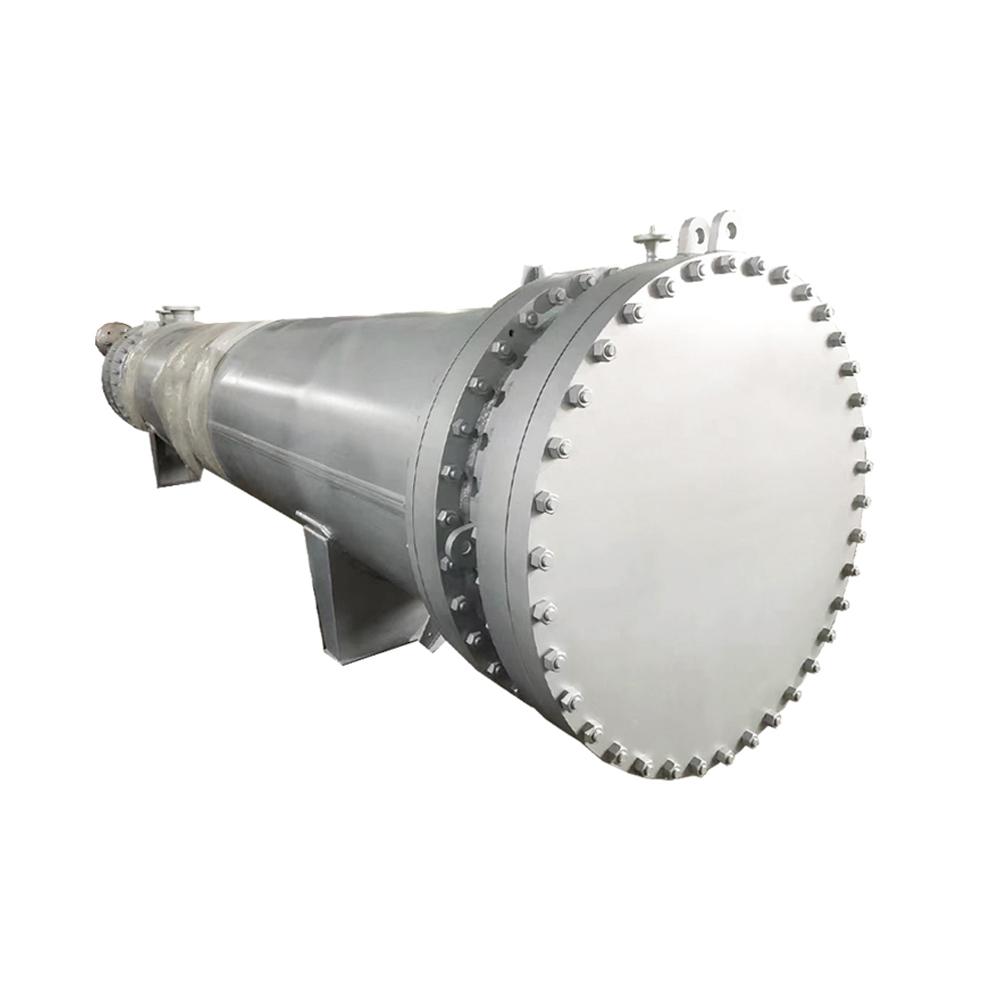
.jpg)
.jpg)
